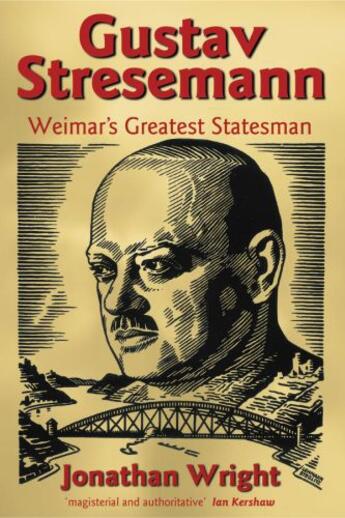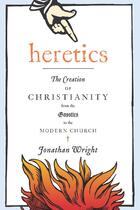-
Nombre de pages : (-)
-
Collection :
(-)
-
Genre :
(-)
-
Thème :
Non attribué
-
Prix littéraire(s) :
(-)
Résumé:
Gustav Stresemann was the exceptional political figure of his time. His early death in 1929 has long been viewed as the beginning of the end for the Weimar Republic and the opening through which Hitler was able to come to power. His career was marked by many contradictions but also a pervading... Voir plus
Gustav Stresemann was the exceptional political figure of his time. His early death in 1929 has long been viewed as the beginning of the end for the Weimar Republic and the opening through which Hitler was able to come to power. His career was marked by many contradictions but also a pervading loyalty to the values of liberalism and nationalism. This enabled him in time both to adjust to defeat and revolution and to recognize in the Republic the only basis on which Germans could unite, and in European cooperation the only way to avoid a new war. His attempt to build a stable Germany as an equal power in a stable Europe throws an important light on German history in a critical time. Hitler was the beneficiary of his failure but, so long as he was alive, Stresemann offered Germans a clear alternative to the Nazis. Jonathan Wright's fascinating new study is the first modern biography of Stresemann to appear in English or German.
Donner votre avis















